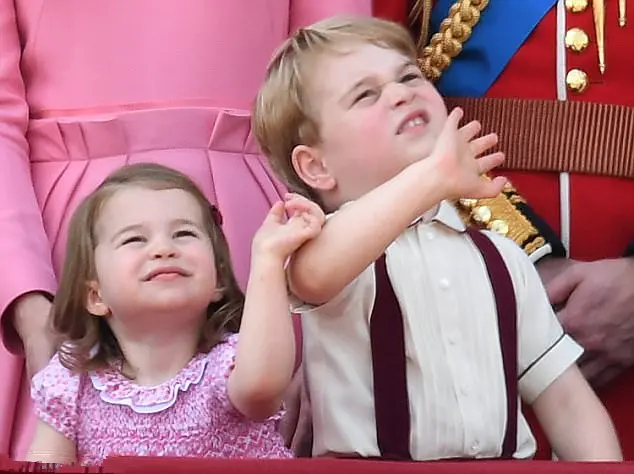Japanese Prime Minister Shinzo Abe on Thursday wrapped up his two-day US visit, an attempt to consolidate the alliance trust and seek US President Donald Trump’s help in getting his message across in his first meeting with DPRK leader Kim Jong Un.
Abe’s visit came at a time when his approval rate was at an all-time low at home.
Takesato Watanabe, a professor at Doshisha University said that the scandal-tarred Abe just needs support at home, describing his “performance” as an aim to prove close Japan-US relations before his term ends in six months.
The meeting will not “give any fruits” to Japanese people and government, he said. “Abe doesn’t have any good ideas except going to Trump’s golf course…and getting the support about North Korea in regards to the 'child kidnapping problem.'”
During the Mar-a-Lago meeting, Trump pledged to raise the issue of Japanese nationals abducted by the DPRK decades ago. Meanwhile, Tokyo is trying to get itself on track for a Japan-DPRK summit, but there are no signs that it will happen before the Trump-Kim summit in May or June.
“Abe came to Washington to make sure that Japanese interests are alongside US interests,” Jeffrey Hornung, a political scientist at Rand Corporation, said. “If Abe cannot get that meeting, at least he is injecting Japanese interests to the [Trump-Kim] dialogue.”
Watanabe argued that the Abe-Kim summit is “impossible” as DPRK official media have criticized Japan for “the trend in the region” and sticking to its anti-DPRK policy.
“As recognized by the public, the Abe government’s trite hardline policy and attitude toward the DPRK are no more than grumblings by the lonely island nation, which was sidelined under the developing regional situation,” the Korean Central News Agency said in a commentary.
Tokyo’s anti-DPRK policy is set to “turn its home politics into reactionary and ultra-right ones” and “to step up rearmament and become a military giant,” said the KCNA.
(CGTN)
 简体中文
简体中文

